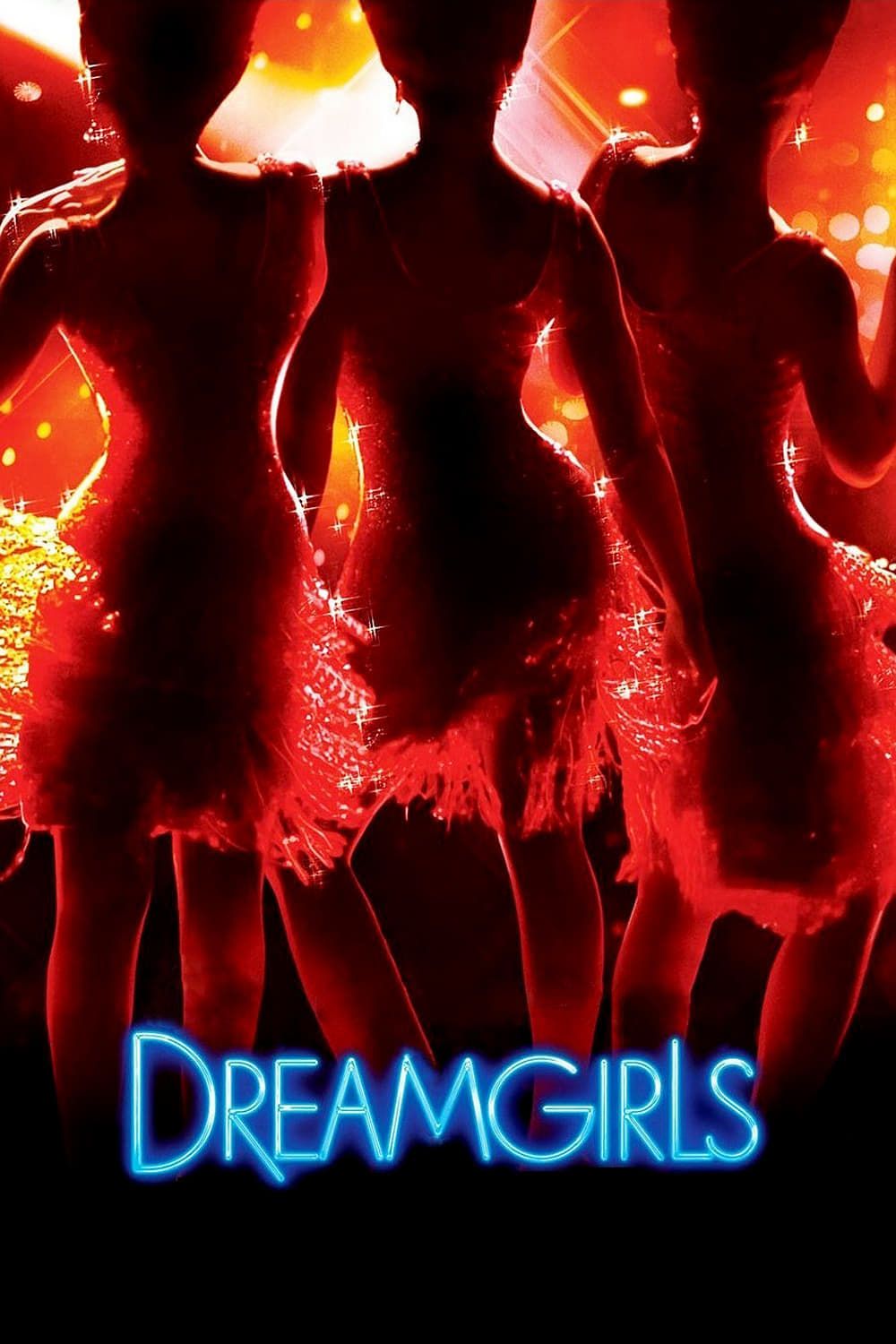The “Norbit Effect” is a term first introduced by Entertainment Weekly in a January 18, 2013, article referring to the idea that a “bad” movie released at an inauspicious time can negatively affect a performer’s chances of winning an Oscar. Tom Hanks was subjected to this effect in 1989 when, after being an Oscar favorite for his role in Big, Punchline was released and diminished his chances of winning. He ended up losing to Dustin Hoffman in Rain Man. Even film legend Meryl Streep suffered from this effect when her role in Before and After dented her chances of winning in 1996 for her performance in The Bridges of Madison County. But the genesis of the “Norbit Effect” — and the event that gave it its name — occurred when Eddie Murphy nearly won his first Oscar for his role in Dreamgirls … until, that is, Norbit came around.
Murphy, the star of well-known movie classics such as Beverly Hills Cop, The Nutty Professor, and Coming to America, was the talk of Hollywood after the opening of Dreamgirls in 2006. Critics raved about his performance as James “Thunder” Early, praising his energetic standout performance alongside an all-star cast. His performance, which immaculately conveyed a troubled singer’s vulnerability, was a unique blend of comedy and tragedy.
Eddie Murphy Was an Oscar Favorite, Until …
After winning the Golden Globe, SAG Award, and a Broadcast Film Critics Association Award, Murphy was the front-runner to win the Academy Award for Best Supporting Actor. Unfortunately, he lost to Alan Arkin for his role in Little Miss Sunshine. The general consensus was that Academy voters were hesitant to award Murphy due to the negative publicity surrounding Norbit, his very next movie which was released during Oscar-voting season, damaged his image, and may have unintentionally influenced voters, leading to his misfortune.
In Norbit, Murphy plays both a henpecked husband and his overbearing wife, and the film’s marketing campaign featured posters and billboards showing Murphy as a plus-sized woman, in lingerie, lying on top of his much frailer title character. The tagline: “Have You Ever Made a Big Mistake?” It led to a ton of negative criticism and accusations of racial stereotyping by media outlets and members of the Academy. “Every time I pass that billboard, it makes me sick,” said one veteran Oscar consultant to the Sydney Morning Herald. “I think his performance in Dreamgirls is so fabulous,” the consultant continued, adding that Norbit and its ad campaign likely didn’t help his chances.
‘Norbit’ Crashes and Burns With Critics
Whether fair or not, the onslaught of negative press was a contributing factor that impacted Murphy’s chances of winning the Best Supporting Actor award. As reported by Yahoo! Entertainment, Laremy Legel for MTV News wrote: “Eddie Murphy should lose the Oscar for doing Norbit in the same manner that a substance abuser should be put back in rehab for lapsing at their ‘welcome back’ party. It’s a raw deal for Eddie because he was tremendous in Dreamgirls, but if losing the Oscar gets us out of another decade of bad choices by him, it’s a price we should all be willing to pay.”
Critics found Norbit’s humor offensive, crude, and uninspiring, with a predictable plot. It scored just 9% on Rotten Tomatoes. When asked about making Norbit, especially after the success of Dreamgirls, Murphy revealed that he wanted to do something edgy after doing several years of movies where he played characters that ranged from a joke-cracking donkey in the Shrek franchise to a doctor who could talk to the animals in Dr. Doolittle to a lovable professor in The Nutty Professor. Hence, he co-wrote with his brother, Charlie Murphy, the slightly edgier script for Norbit about a parentless child raised in a Chinese orphanage who is forced to marry his girlfriend — the domineering, foul-mouthed Rasputia.
Eddie Murphy’s Oscar Dream Did Not Come True
Nevertheless, critics were displeased with Murphy, believing that his Oscar-nominated performance must have been an outlier. His range as an actor was questioned, suggesting that Academy voters could have been influenced by the endless number of silly roles in Murphy’s film career. Norbit ended up diluting the raves he was getting for his earlier performance, even if the film itself weathered the storm. Dreamgirls, which tells the story of three young singers (Beyoncé, Jennifer Hudson, and Anika Rose) who are brought into the spotlight of sudden fame, is adored by fans and critics alike — an instant classic with unforgettable musical numbers and strong performances. The film received eight Academy Award nominations, with Hudson winning for best supporting actress.
People wondered if Murphy was upset after the Oscar loss because observers witnessed him leaving early after the Best Supporting Actor winner was announced. In a 2016 Vanity Fair article, Murphy said, “I’ve won a bunch of stuff like that. I have a table full of awards and stuff like that. It’s not like every time I was up for something, I got snubbed.” Did the “Norbit Effect” actually impact Murphy’s career? While there is no direct correlation between the two, Murphy significantly reduced his film projects four years after Norbit’s release. Meanwhile, that film would go on to win Razzie Awards for Worst Picture, Worst Actor, and Worst Actress. The latter two were for Murphy’s portrayals of Norbit and Rasputia.
Although Norbit was not a favorite among critics and may have been perceived to cost Murphy the Oscar, it actually ended up being a box-office success. The film earned over $159 million worldwide, and Eddie Murphy fans who craved the unadulterated, unapologetic humor of the comic legend’s 1980s and 1990s output got exactly what they were hoping for with the movie.

Dreamgirls
- Release Date
-
December 25, 2006
- Runtime
-
134 minutes
- Director
-
Bill Condon
- Writers
-
Bill Condon, Tom Eyen


